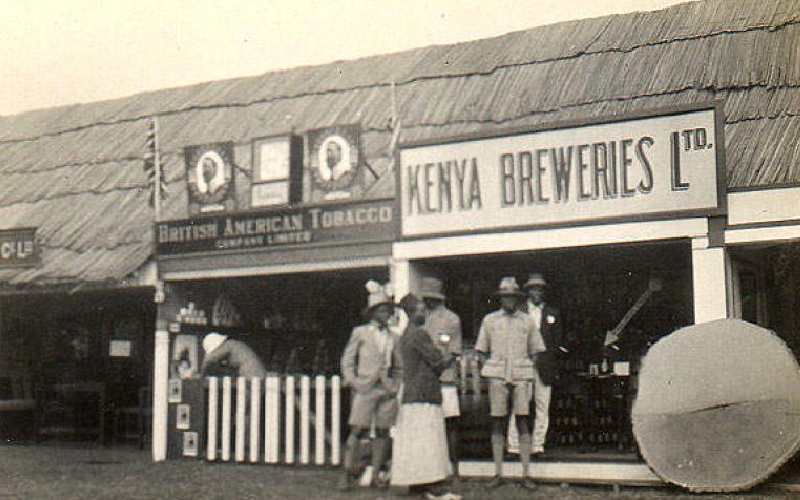×
The Standard e-Paper
Kenya’s Boldest Voice

Kenyans have a wounded Tanzanian elephant to thank for giving the country the most famous drink, Tusker. [File, Standard]
The journey of a 100 years started by the banks of a nondescript river. It is by these waters that another journey of terrified girls into womanhood started.